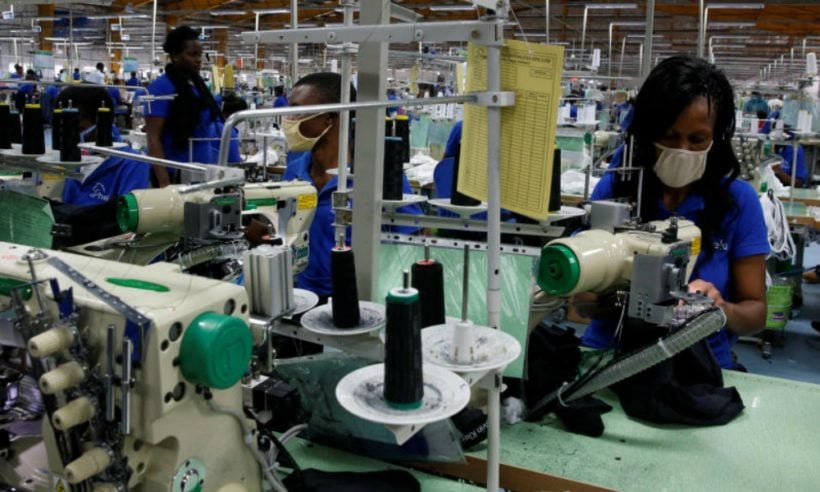
NAIROBI, April 7 (Reuters) – Private sector activity in Kenya fell to a nine-month low in March, as companies registered a slower pace of output growth and sales and rising fuel prices led to increased product costs, a survey showed on Wednesday.
The Markit Stanbic Bank Kenya Purchasing Managers’ Index (PMI) fell to 50.6 from 50.9 in February. The 50.0 mark separates growth from contraction.
“Businesses highlighted that cashflow problems linked to the COVID-19 pandemic meant that households often limited spending to essential items,” Stanbic said in comments accompanying the survey.
“As a result, sales grew at the slowest rate since last November, with firms also seeing a loss of momentum from export orders.. Output increased at the slowest rate for nine months.”
In mid-March, Kenya’s energy regulator announced that the maximum fuel prices to mid-April would rise, with petrol jumping by 7.63 shillings per litre and diesel by 5.75 shillings per litre.
The survey said the increased fuel costs “led to another sharp uptick in purchase prices, driving further pressure on firms’ margins.”
In late March, President Uhuru Kenyatta restricted travel in the capital Nairobi and four surrounding counties to curb record levels of COVID-19 infections.
The resurgence hit demand growth, “which resulted in households conserving cash and prioritising spending to essential items,” Kuria Kamau, fixed income and currency strategist at Stanbic Bank, said.
“Firms’ outlook for output worsened on account of the resurgence… which is expected to affect demand.”
(Reporting by George Obulutsa; editing by John Stonestreet)

